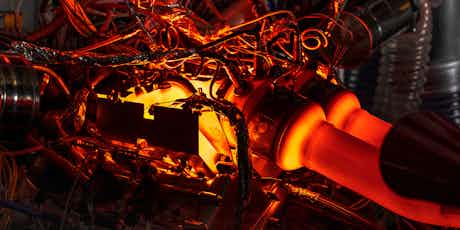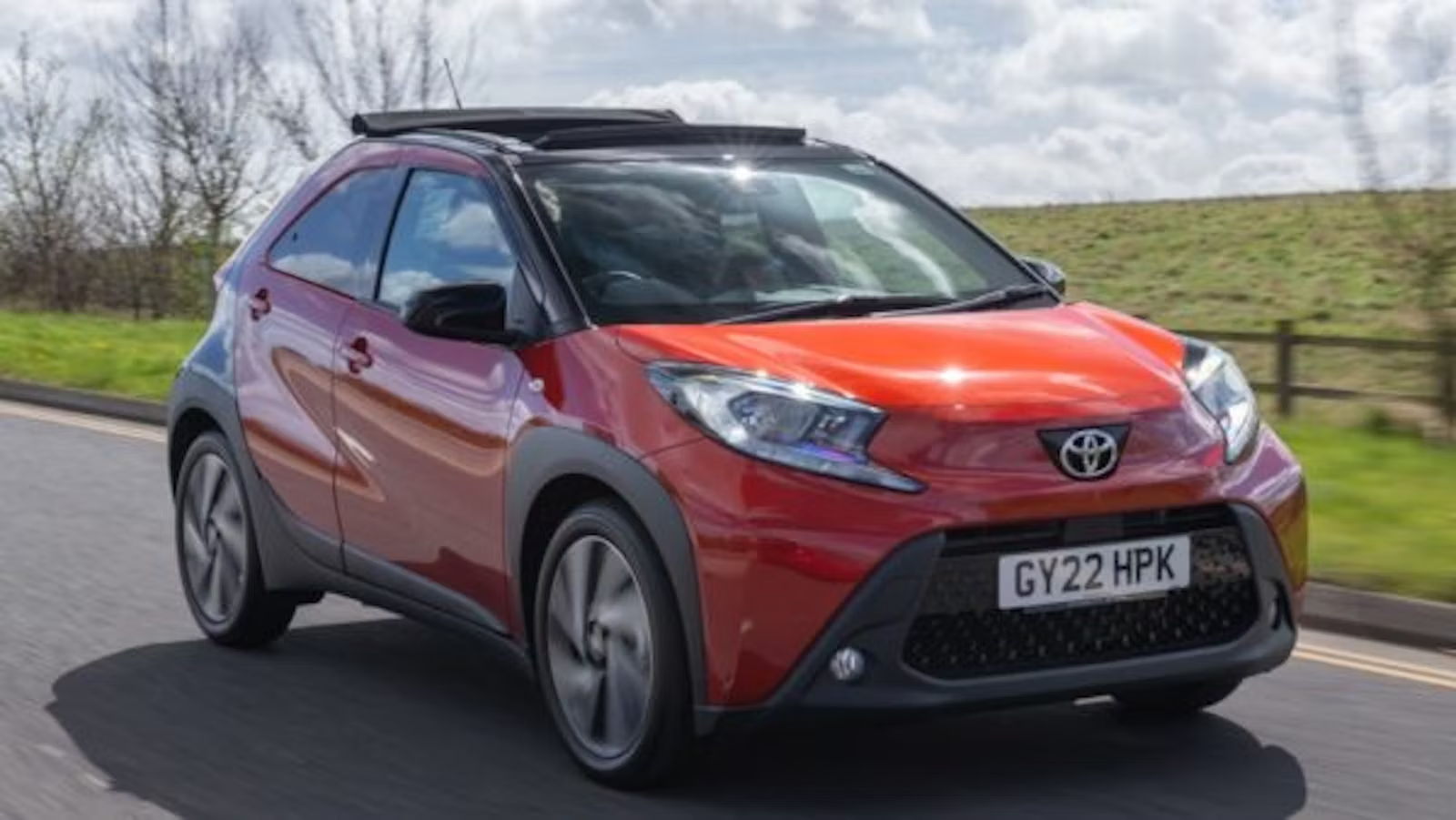What is torque in cars?
September 16, 2022 by carwow staff

When you look at the specification of a car’s engine, you’ll see numbers for power and torque. Power is self-explanatory but torque? Not so much.
Big power numbers might look impressive, but they’re only part of the story when figuring out what a car will be like to drive. Torque matters at least as much and possibly more, depending on how you use your car. In this advice guide, you’ll find out everything you need to know about torque.
What is torque?
Power tells you how fast a car will go with a certain engine. An engine with lots of power will rip round to the rev limit, making lots of noise and feeling very exciting. But most people don’t drive like that, which is where torque comes in. Torque tells you how strong an engine is.

Imagine you’re tightening a nut with a spanner. Using a short spanner takes a lot of effort to tighten the nut. Using a longer spanner takes less effort to tighten the nut to the same extent. The longer spanner has more torque.
Let’s put that in car terms. You’re driving along at 40mph in top gear and put your foot down. A car with low torque – a short spanner – won’t accelerate quickly at that point. A car with high torque – a long spanner – will. To put it simply, the more torque you have, the more effortless the acceleration will feel.
See the pulling power of torque in our tug of war video.
How is torque measured?
Torque is usually measured in Newton metres (Nm) or you might see the imperial measurement of lb-ft (pounds-feet), although this unit of measurement is pretty outdated by now. If you want to calculate the conversion for yourself, 1 Nm is equivalent to 0.738 lb/ft.
Why does torque matter?
As previously mentioned, torque tells you how an engine feels when you accelerate. Cars with high torque engines tend to accelerate slower off the mark but quicker from low revs in a high gear.

Conversely, cars with low torque engines tend to accelerate quicker off the mark but slower from low revs in a high gear.
Cars with low torque engines can be a bit frantic and hard work, needing lots of gear changes and high revs to keep the power coming. In the right context, that can be quite fun.

Cars with high torque engines are much easier going. They need fewer gear changes and will take off with just a squeeze of the throttle when cruising. That makes them fantastic on motorways.
High torque engines are arguably better suited to the way most people drive, making life behind the wheel as easy as possible.
Which cars have engines with low torque?
Generally speaking, cars with smaller, non-turbo petrol engines. Typically city cars like the Toyota Aygo X, and sports cars like the Mazda MX-5.

Hybrid engines, minus their electric motors, also tend to have little torque. This is because they get a fair amount of their power from the electric assistance.
Which cars have engines with lots of torque?
Pretty much everything else. Large engines, both petrol and diesel, are inherently high torque. But some of the latest small turbo petrol engines are surprisingly strong, too. Ford’s 1.0-litre, 3-cylinder, turbocharged EcoBoost engine, for instance, may be small but it produces more than enough torque for all but the most demanding situations.
 However generally, a diesel engine will produce more torque than an equivalent petrol engine. This is because they have a longer piston stroke – the piston has further to travel inside the cylinder. Like the small spanner/large spanner analogy above, a longer piston stroke will produce more torque than a smaller one.
However generally, a diesel engine will produce more torque than an equivalent petrol engine. This is because they have a longer piston stroke – the piston has further to travel inside the cylinder. Like the small spanner/large spanner analogy above, a longer piston stroke will produce more torque than a smaller one.
Also diesel engines tend to be turbocharged. A turbocharger helps produce more pressure inside the cylinder, which again increases torque. Diesel fuel is also ignited by compression, rather than the spark plugs that petrol relies on; this, combined with diesel’s higher energy content, also contributes to its punchy torque performance.

If you need a car to tow a trailer or caravan, you’ll need the extra strength of a high torque engine to help pull the extra weight.
It’s worth noting that engines producing much more than 400 Nm (295 lb/ft) of torque, whether petrol or diesel, are usually at their best teamed with an automatic gearbox. Beyond 500 Nm (369 lb/ft), most engines come with an automatic gearbox anyway since they’re better able to cope with an engine that strong.
Does torque affect fuel economy?
Yes. Low torque engines are less economical because they have to work harder than high torque engines. That’s why diesel cars are a good choice if you take long, high-speed motorway journeys. They will be much more fuel-efficient than a petrol car.
What about electric cars? Do they have lots of torque?
How much torque an electric car produces depends on how powerful the motor is and the numbers for some don’t look that impressive. But what marks electric cars out is that all the torque is available instantly. Internal combustion engines only produce maximum torque at certain engine revs.
 Thanks to that instant torque, electric cars are very quick off the mark – like the Tesla Model 3 pictured above. But, as with combustion engines, only the ones with very high torque can accelerate strongly under heavy load – when cruising down the motorway, for instance.
Thanks to that instant torque, electric cars are very quick off the mark – like the Tesla Model 3 pictured above. But, as with combustion engines, only the ones with very high torque can accelerate strongly under heavy load – when cruising down the motorway, for instance.
Should I consider torque outputs when buying my next car?
This depends on what you need from a car. If all of your driving is short trips around town, then torque figures won’t be all that important. However, if you do more long distance driving on motorways and A roads, the effortless acceleration and improved fuel economy you get from a higher torque engine may prove handy.
You’ll also need to consider a high-torque engine if you plan on towing or carrying heavy loads, as the extra pulling power will be essential.
Cars Change? Carwow!
Looking for a new set of wheels? With Carwow you can sell your car quickly and for a fair price – as well as find great offers on your next one. Whether you’re looking to buy a car brand new, are after something used or you want to explore car leasing options, Carwow is your one stop shop for new car deals.















